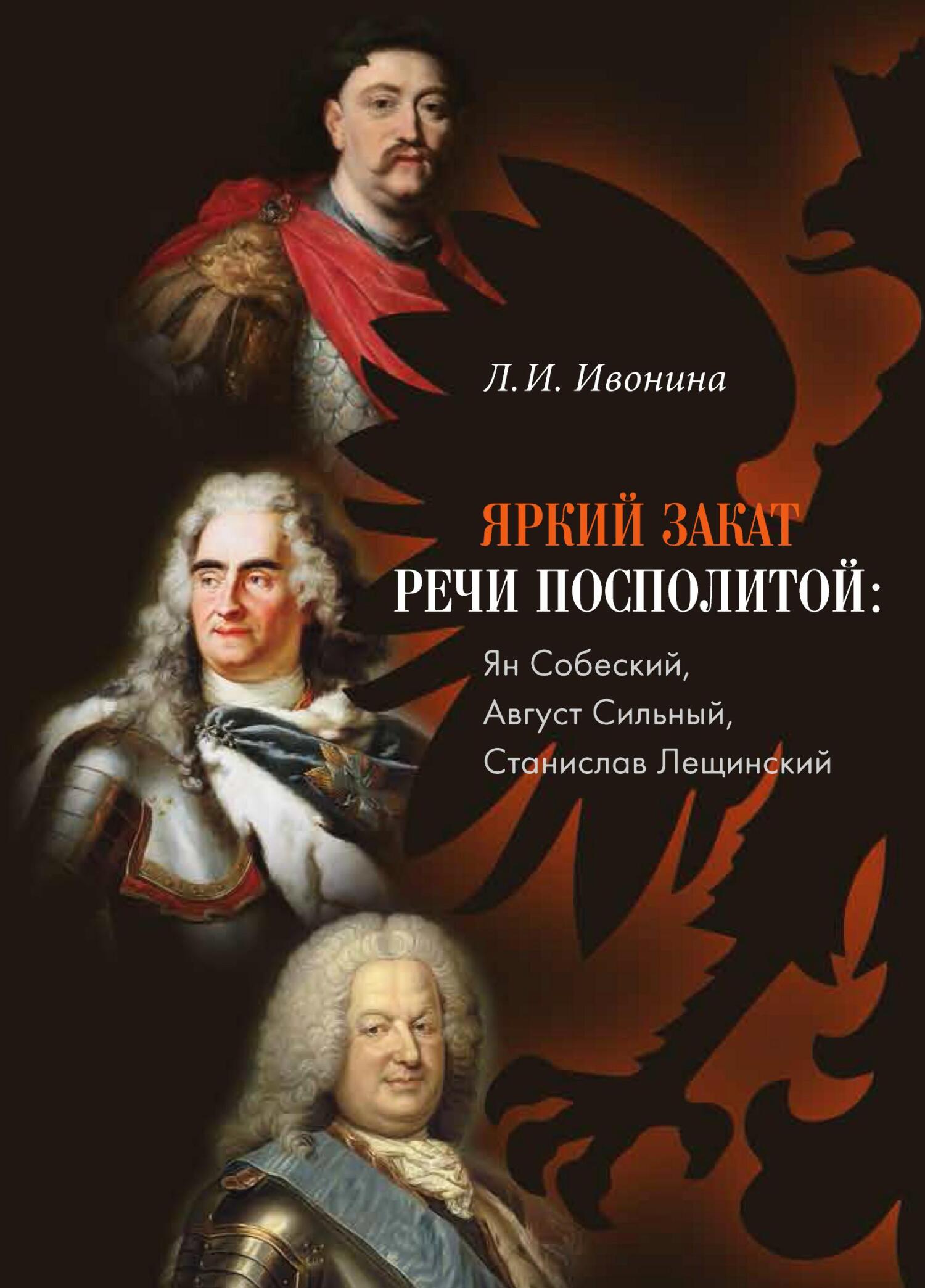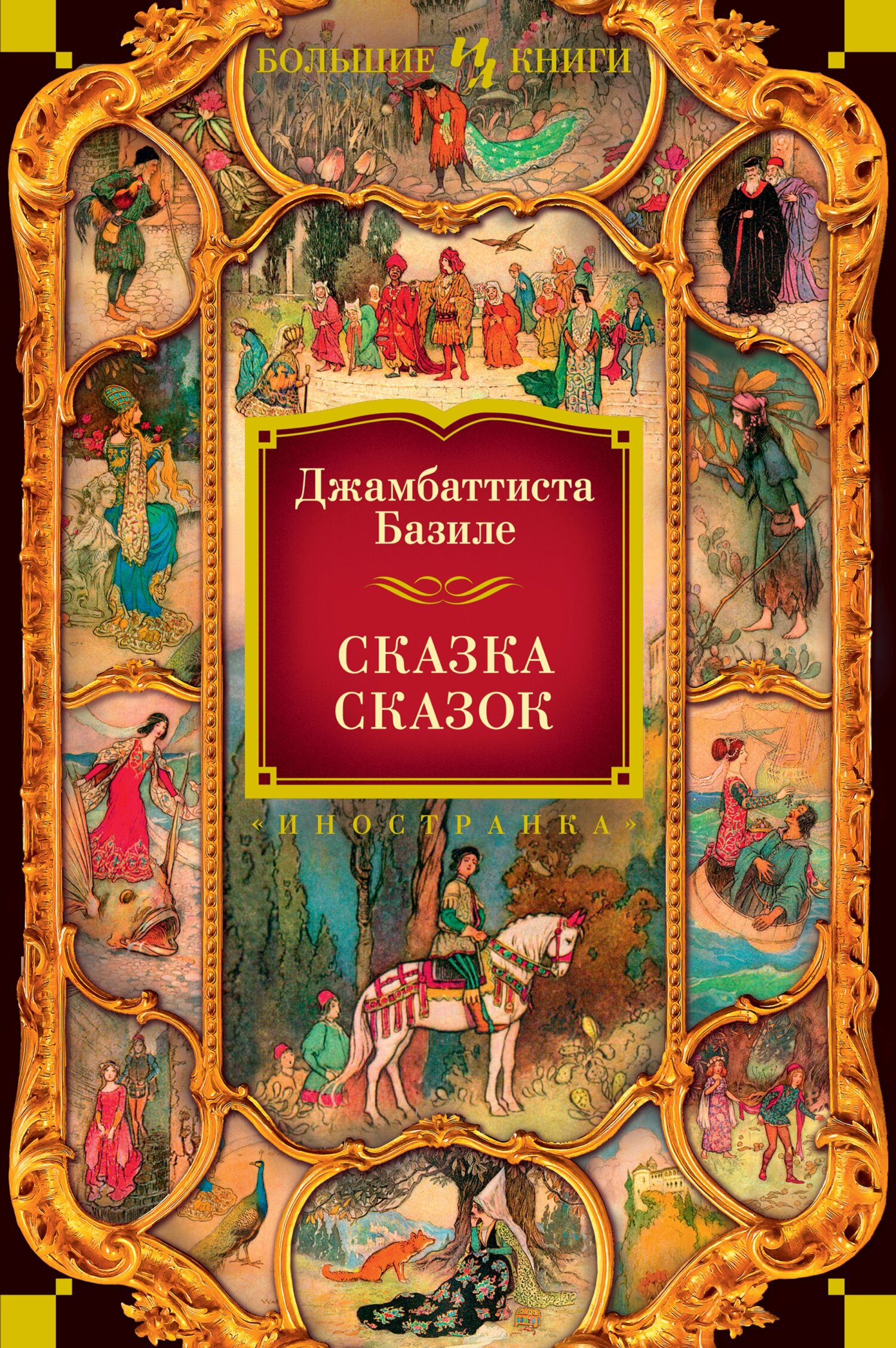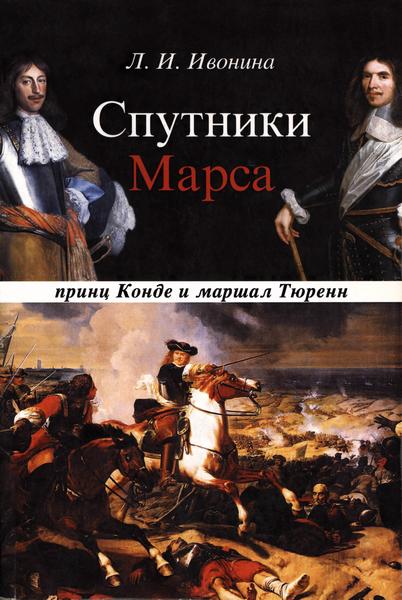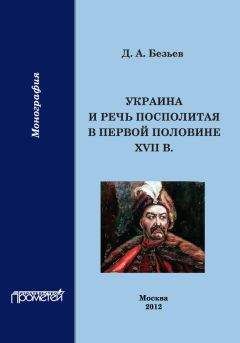1994.
Pisma do wieku i spraw Jana Sobieskiego. T. 1. Сz. 2. Kraków: Akademia Umiejętności. 1881
Poellnitz K. L. von. Memoires deCharles-louis Baron de Poellnitz, contenant les observations qu’il a faites dans ses voyages et caractere des personnes qui composent les principales cours de l’Europe. 3 vol. Liege, 1734. Vol. 1.
Potocki W. Muza polska na tryumfalny wjazd najasniejszego Jana III / wyd. A. Karpinski. Warszawa: PAN, 1996.
Preussens Staatsvertrage aus der Regierungszeit Konig Friedrich Wilhelms I / hrsg. von Dr. V. Loeve. Leipzig: Verlag von S. HIrzel, 1913.
Rachuba A. Polityka nominacijna Stanislawa Leszczynskiego na Litwie w latach 1705–1709 // Przeglad Hisroryscny. 83/4. 1992.
Roberts M. The Swedish Imperial Experience. 1560–1718. Cambridge: Cambridge University Press, 1979.
Rossinot А. Stanislas: Le roi philosophe. La Flèche: Michel Lafon, 1999.
Rostworowski E. Historia powszechna. Wiek XVIII. Warszawа: wyd. Naukowe PWN, 1977.
Rotstein A. Peter the Great and Marlborough. N. Y.: St. Martin's, 1986.
Rousseau J.-J. Observations de Jean-Jacques Rousseau. Geneva: Boudet, 1751.
Rudzki E. Polskie krolowe. T. 2: Zony krolow elekcyjnych. Warszawa: wyd. instytut prasy i wydawnictw «Novum», 1990.
Ruiz T. F. Une royauté sans sacre: la monarchie castillane du bas Moyen-Âge // Annales. Économies, Sociétés, Civlilisations. 1984. Vol. 39. Z. 3. P. 429–453
Schilling H. Confessional Europe // Handbook of European History 1400–1600. Vol. II / ed. by T. Brady, H. Obermann, J. Tracy. Leiden; N. Y.; Koln Brill, 1995.
Schilling H. Konfessioalisierung und Staatinteressen. Internationale Beziehungen 1559–1660. Paderborn; Munchen; Wien; Zurich: Ferdinand Schoenung, 2007.
Schindling A. Ikonen der Kriegserfarung // Kriegserfarungen, Krieg und Gesellschaft in der Neuzeit. Neue Horizonte der Forschung / hrsg. von G. Schild, A. Schindling. Paderborn; Munchen; Wien; Zuruch: Verlag Ferdinand Schöningh, 2009.
Sharp T. Pleasure and Ambition: The Life, Loves, and Wars of Augustus the Strong. N. Y.: I. B. Tauris, 2001.
Stanislaw Leszczynski i polska w pierwszej polowie XVIII wieku. T. 1, 2. Warszawa: J. Breslauer, 1858.
Staszewski J. «Jak Polskę przemienić w kraj kwitnący…» // Szkice i studia z czasów saskich. Olsztyn: Ośrodek Badań Nauk, 1997.
Staszewski J. August II Mocny. Wrocław: Ossolineum, 1998.
Stone D. The Polish-Lithuanian State 1386–1795. Washington: University of Washington Press, 2001.
Suchodolski Sl., Ostapowicz D. Olabanie mitow i stereotipow: od Jana III Sobieskego do Tadeusza Kosciuszki. Warszawa: Bellona, 2008.
Szpilczyński S. Najprawdopodobniejsza przyczyna zgonu Jana III Sobieskiego // Śląski Kwartalnik Historyczny Sobótka. 1980. T. 35. Nr. 2. S. 329–336.
Targosz K. Jan III Sobieski mecenasem nauk i uczonych. Wrocław; Warszawa; Kraków: Zaklad Narodowy, 1991.
Tazbir J. Polskie przedmurze chrzescijanskiej Europy. Warszawa: Interpress, 1987.
Tazbir J. Stosunek do obcych w dobie baroku // Swojskość i cudzoziemszczyzna w dziejach kultury polskiej / red. nauk. Z. Stefanowska. Warszawa: Nasza Księgarnia, 1973.
The London Journal. Aug. 14, 25, 28. 1733. № 740. Feb. 16. 1733–1734. № 764; March 30. 1734. № 770; May 4. 1734. № 775.
Tollet D. La conversion et le politique a l’epoque moderne. Paris: Presses Paris Sorbonne, 2005.
Tyszczuk R. The story of an Architect King. Stanislas Leszczynski in Lorraine 1737–1766. Oxford; N. Y.: Peter Lang, 2007.
Varvounis M. Jan Sobieski: The King Who Saved Europe. Bloomington (Indiana): Xlibris Corporation, 2012.
Viver T. Flanders Fields//Manual of Military Engineering. Vol. X. 1931. HMSO: Reprint. edition, 1946.
Voltaire. Leben und Thaten Friedrich Augusti II. Des Grossen, Königs von Pohlen – Und Churfürstens zu Sachsen. Frankfurt; Leipzig: Jeremias Schrey und Johann Christoph Hartmann. 1733.
Volumina Legum. Prawa, konstytucje i przywileje Królestwa Polskiego, Wielkiego Księstwa Litewskiego i wszystkich prowincji należących na walnych sejmach uchwalonych. T. VI. St. Petersburg: wyd. J. Ohryzko, 1859.
Wespazjan Kochowski w kręgu kultury literackiej / red. Dariusz Chemperek. Lublin: wyd. Uniwersytetu Marii Curie – Skłodowskiej, 2003.
Wilson P. Warfare in the Old Regime 1648–1789 // European Warfare 1453–1815 / ed. by J. Black. Basingstoke; L.: Macmillan Education, 1999.
Wisner H. Najjaśniejsza Rzeczpospolita: szkice z dziejów Polski szlacheckiej XVI–XVII wieku. Warszawa: Państ. Instytut Wydawniczy, 1978.
Wójcik Zb. Jan Sobieski 1629–1696. Warszawa: Państ. Instytut Wydawniczy, 1983.
Wójcik Zb. Rzeczpospolita wobec Turcji i Rosji, 1674–1679: Studium z dziejów polskiej polityki zagranicznej. Wrocław: Ossolineum, 1976.
Wojskowy Instytut Historyczny, zakład historii dawnego wojska polskiego. Zarys dziejów wojskowości polskiej do roku 1864 / red. naukowy Janusz Sikorski. Warszawa: wyd. Ministerstwa Obrony Narodowej, 1966. Т. II.
Zernack K. Preussen-Deutschland-Polen Aufzatze zur Geschichte der deutch-polnicshen Beziehungen / hrsg. Von W. Fischer und M. G. Muller. Berlin: Colloquium Verlag GmbH, 1991.
Ziembicki W. Zdrowie i niezdrowie Jana Sobieskiego. Cz. 1 // Archiwum Historii i Filozofii Medycyny oraz Historii Nauk Przyrodniczych. 1930. T. 10.
Zuchniewicz P. Papieska Warszawa. Warszawa: Centrum Myśli Jana Pawła II. 1996.
Zwierzykowski M. Elekcja Stanisława Leszczyńskiego w roku 1704 – wynik przypadku czy efekt działań politycznych? // Wokół wolnych elekcji w państwie polsko-litewskim XVIXVIII wieku. O znaczeniu idei wyboru – między prawami a obowiązkami / red. M. Markiewicz, D. Rolnik, F. Wolański. Katowice: wyd. Uniwersytetu Śląskiego, 2016.
For centuries, Rzeczpospolita was a unique region with a rich political history, sui generis junction of Western European and Eastern European civilizations, a place of synthesis and at the same time a conflict of different cultures. The Polish kings – the connecting “representative» link between Rzeczpospolita and the rest of Europe – were a bright impersonation of this synthesis and conflict of cultures.
The heroes of this book are the three kings of Rzeczpospolita in the second half of the XVII – the first half of the XVIII centuries – Jan Sobieski, Augustus the Strong and Stanislas Leszczynski. Transitional, controversial, turbulent and dynamic time, which coincided with the decline of Poland, largely determined the policy, mentality and daily life of these outstanding Polish rulers. Their value system and political steps were determined both by the overall development of the continent, and the characteristics and position in Europe of the state they headed.
Сompetition among the European states within the Westphalian system in early Modern time left for the Rzeczpospolita little chance to become a great power. A successful state had to adapt to the political, economic, and social changes of the epoch. Only those rulers who succeeded in integrating their elites could compete. This integration was achieved through the court (the Versailles project), or through the representative assembly (English Parliament), or through the service





